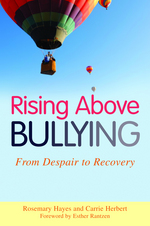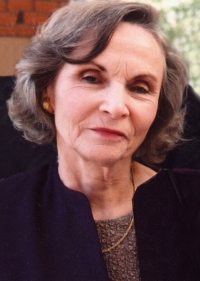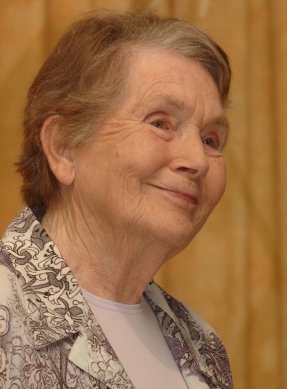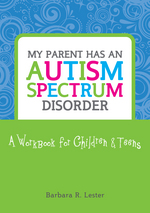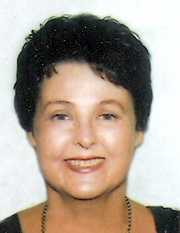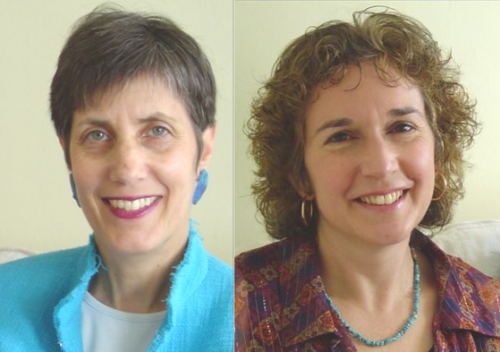Understanding Disorganized Attachment – An Interview with David Shemmings and Yvonne Shemmings
“Although child protection professionals help keep many children safe – and it’s important to remember that the UK has one of the lowest rates of child homicide at the hands of their carers – nevertheless, they sometimes bring the wrong families into the system while missing others – not because they lack skill but as a result of gaps in our knowledge about what leads to maltreatment.”


